Fellows from over 35 nations recently graduated from the Comprehensive Security Cooperation (CSC) 23-2 course. Held at the Daniel K. Inouye Asia-Pacific Center for Security Studies (DKI APCSS), the program ran from May 24 to June 29, attracting mid-level military, government, and non-government professionals.
Under the guidance of U.S. Navy Commander Liam Connel, who assumed the role of course manager, 104 fellows embarked on an educational journey designed to expand their knowledge and foster meaningful connections among the participants from diverse backgrounds.
Commander Connel reflected on the course’s achievements: “Our aim was to educate, connect, and empower, and I firmly believe we succeeded on all fronts.”
The fellows received lectures by DKI APCSS professors, which delved into a wide range of pressing topics affecting the Indo-Pacific region. The curriculum covered issues from economics, the complex U.S.-China relationship, to environmental security, irregular warfare, and climate change.
The small group seminars presented the best learning opportunity for most of the Fellows. Under the Center’s educational model for shared learning, Fellows from different nations exchanged insights and experiences, offering unique perspectives on their respective countries’ security challenges. Claret Chungum, a foreign service officer from the Marshall Islands, praised the seminars as a valuable platform for understanding others and broadening one’s horizons.
“The seminar emphasized the importance of expanding your mind to learn about other people, other cultures, and the issues unfolding around the world,” Chungum remarked, highlighting the significance of cross-cultural knowledge exchange.
Connel underscored the importance of seminar groups, not only for fostering understanding but also for nurturing strong bonds among fellows. Regardless of rank or position, the Center’s core values of transparency, mutual respect, and inclusion ensured that every participant had an equal voice. Connel hopes these lasting connections will facilitate future collaborations in resolving security issues in their respective countries.
In an end-of-course survey, the fellows identified climate change as the most pressing security issue affecting the Indo-Pacific region. Col. Mohan Chandra Gurung from Nepal gained insight during his seminar on the challenges faced by countries like Vanuatu whose people are dealing with climate change. Gurung acknowledged the need for a united effort in tackling this global crisis, stating, “If we neglect our environment and climate in Nepal, it will adversely affect those living in the sea.”
For U.S. Air Force Lt. Col. Cesar Hernandez his experience in the course put a face on issues he once thought were abstract.
“Now when I think about climate change I think about my friend Dave from Tonga who is losing part of his city,” said Hernandez. “I think about my friend Aki from Thailand who just got flooded in Bangkok. It has become personal to me as a practitioner that I need to do better.
To provide a practical application to the lectures, the fellows engaged in table-top exercises that simulated real-world crises. They also participated in a debate on “Whether the security environment in the Indo-Pacific is getting better or worse” and a panel discussion on “Women, Peace, and Security.”
The course offered fellows the opportunity to specialize in one of three concentrations: Counter Terrorism and Irregular Warfare, Information and Security, and Crisis Management. The Information and Security Track is a new concentration that equipped fellows with media training and emphasized the importance of media literacy in an information environment fraught with misinformation and disinformation.
Guest speakers included French Adm. Pierre Vandier, Chief of the French Navy, U.S. Indo-Pacific deputy commander Lt. Gen. Stephen Sklenka, and former President David Panuelo of the Federated States of Micronesia.
The Comprehensive Security Cooperation (CSC) course is a five-week executive education program held three times a year. Designed for professionals intersecting with the security sphere, the program continues to provide a platform for international collaboration and knowledge exchange.
Please visit the CSC course information webpage for more information about the program.


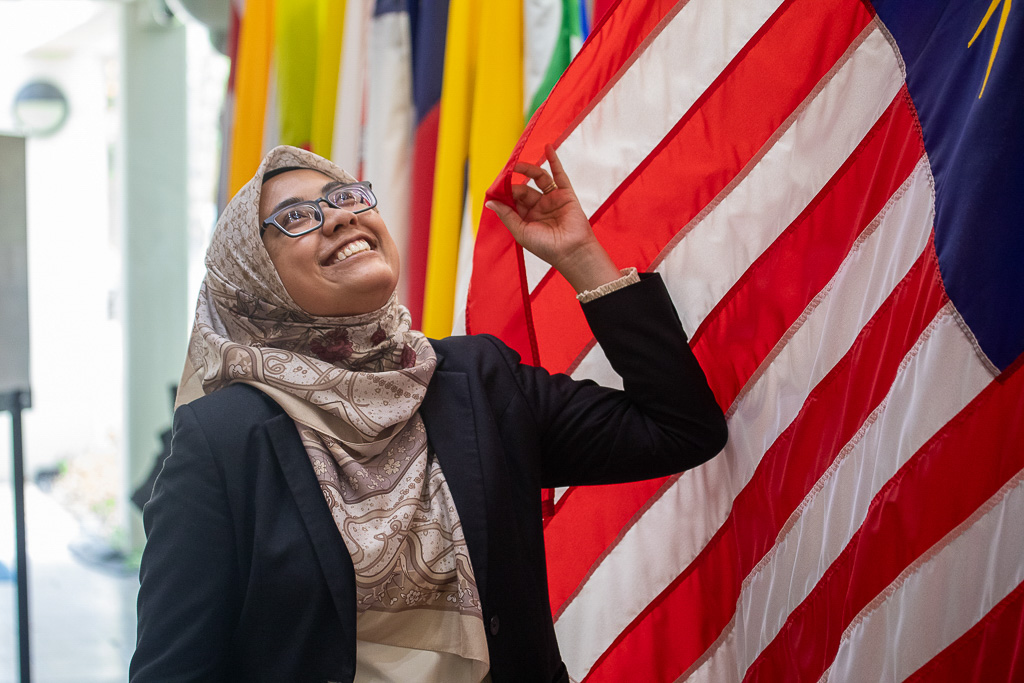
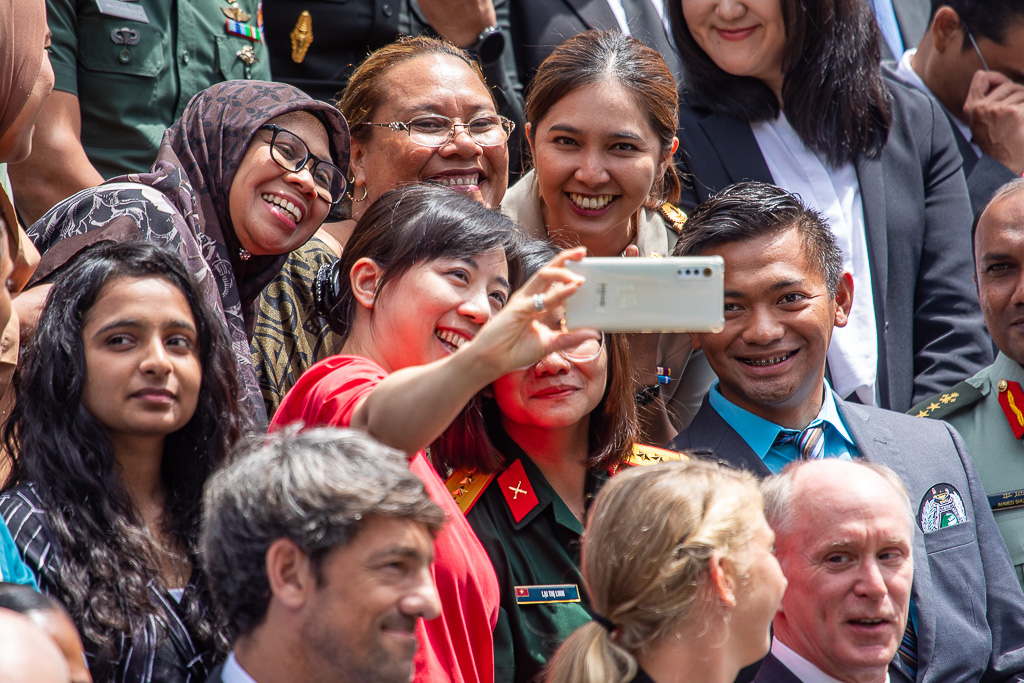
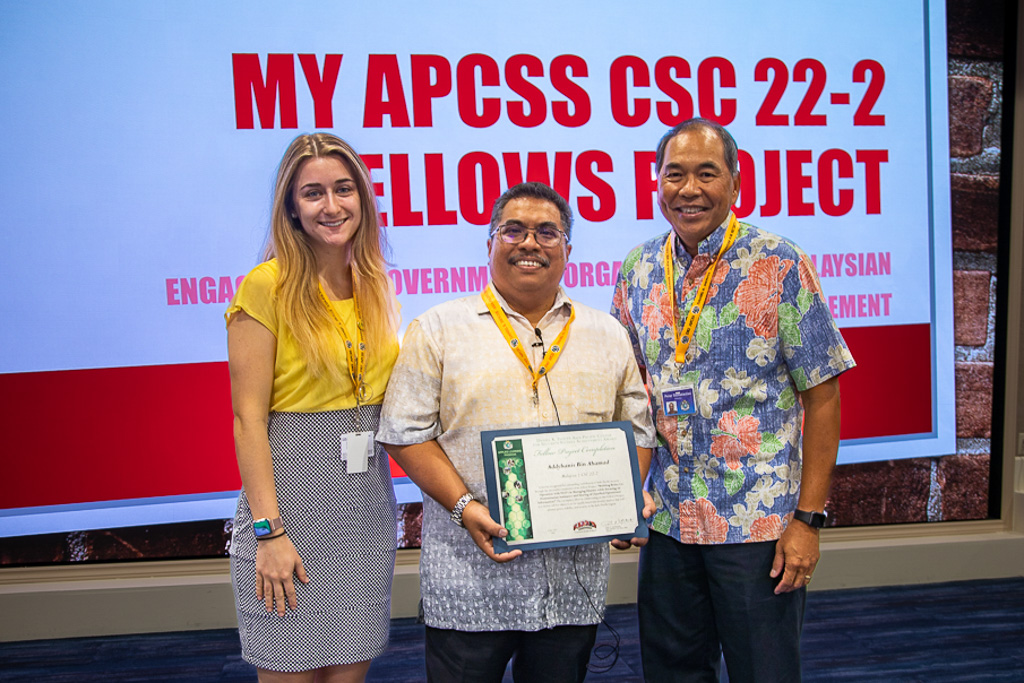
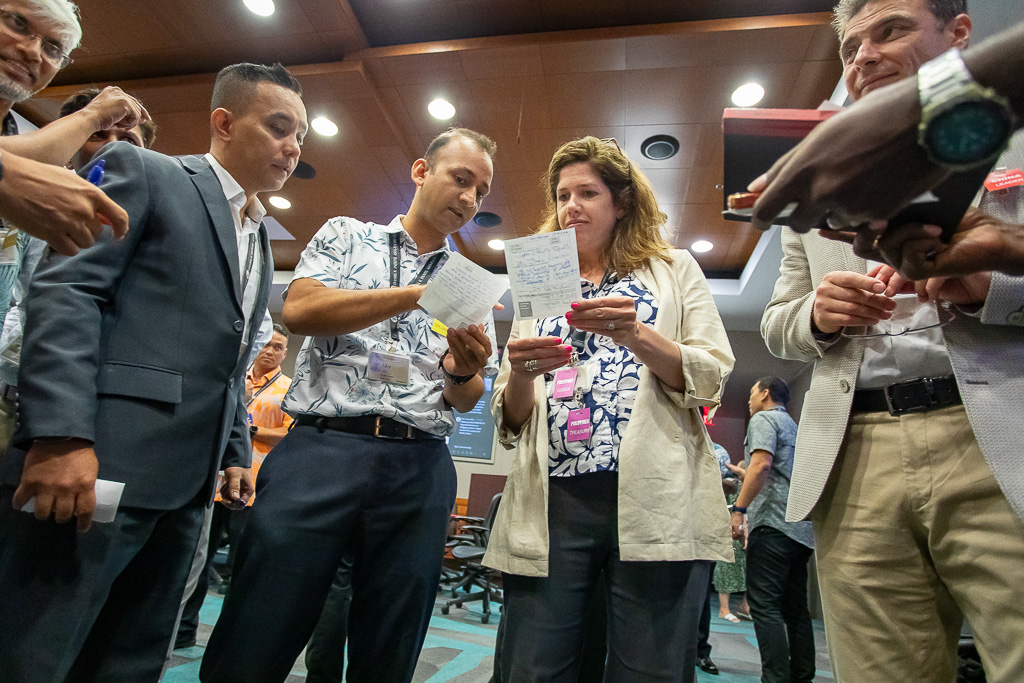
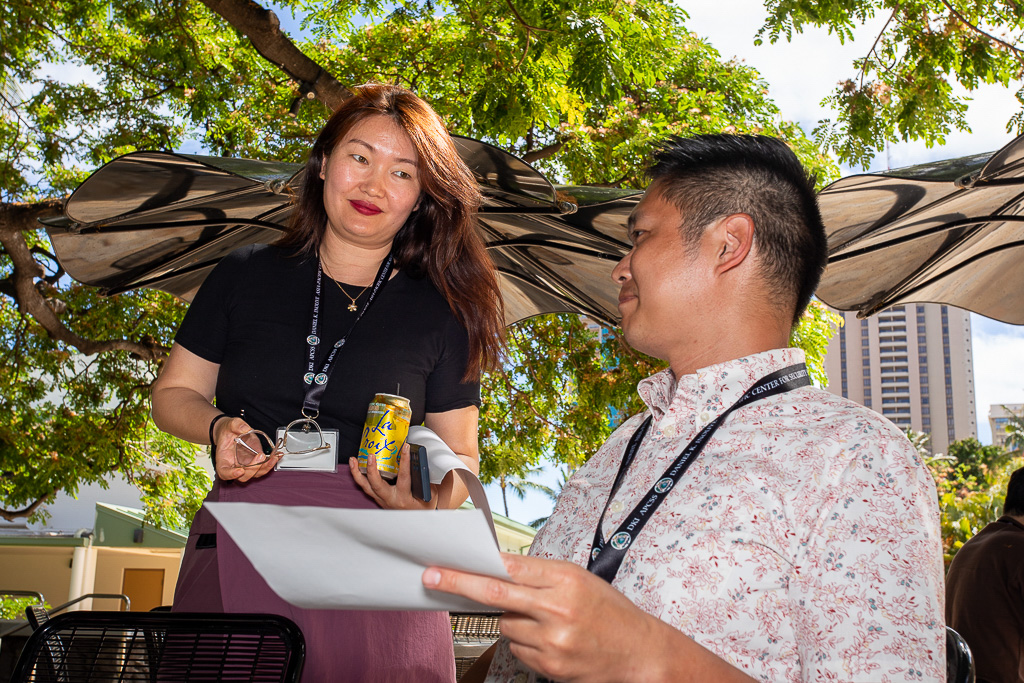
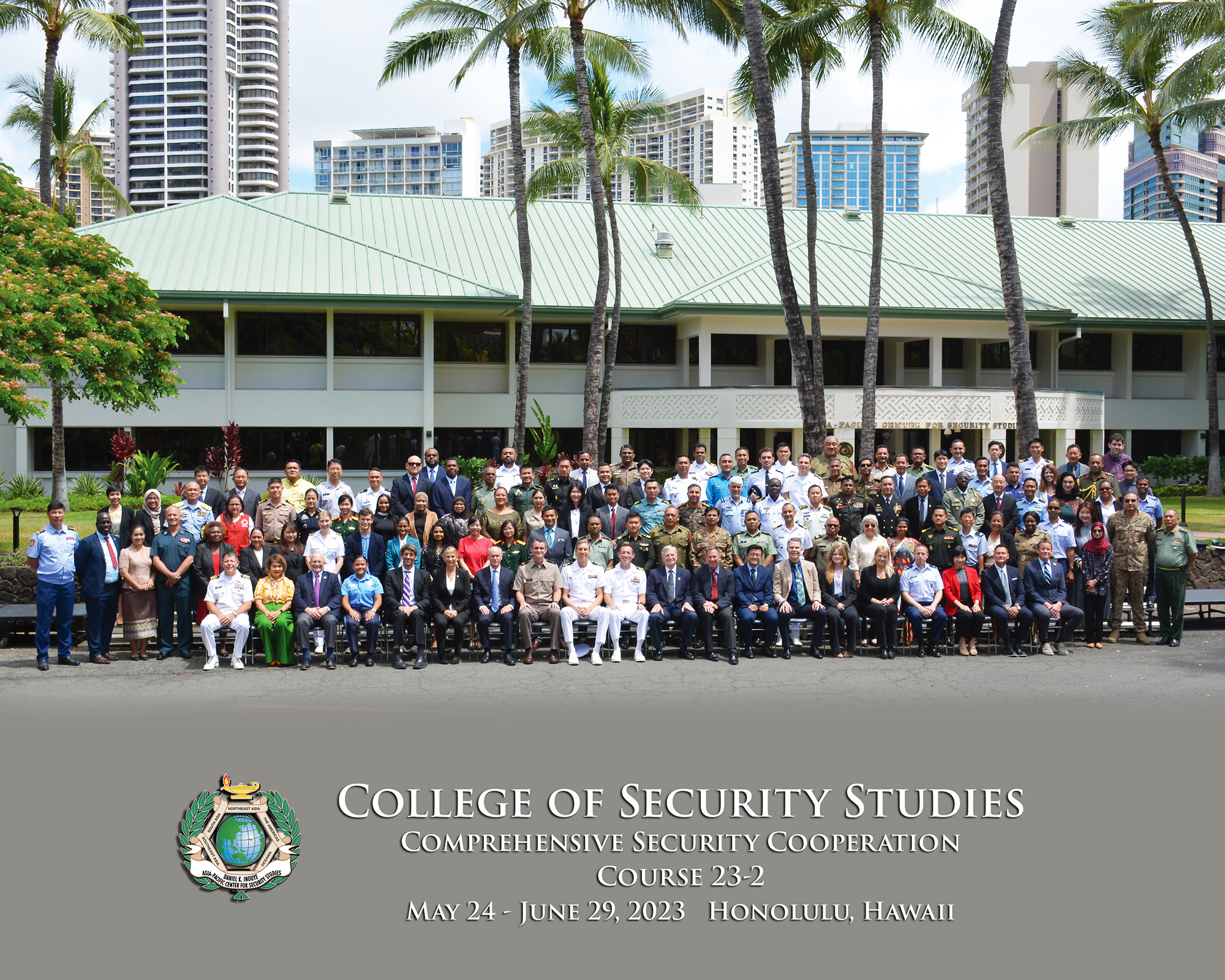
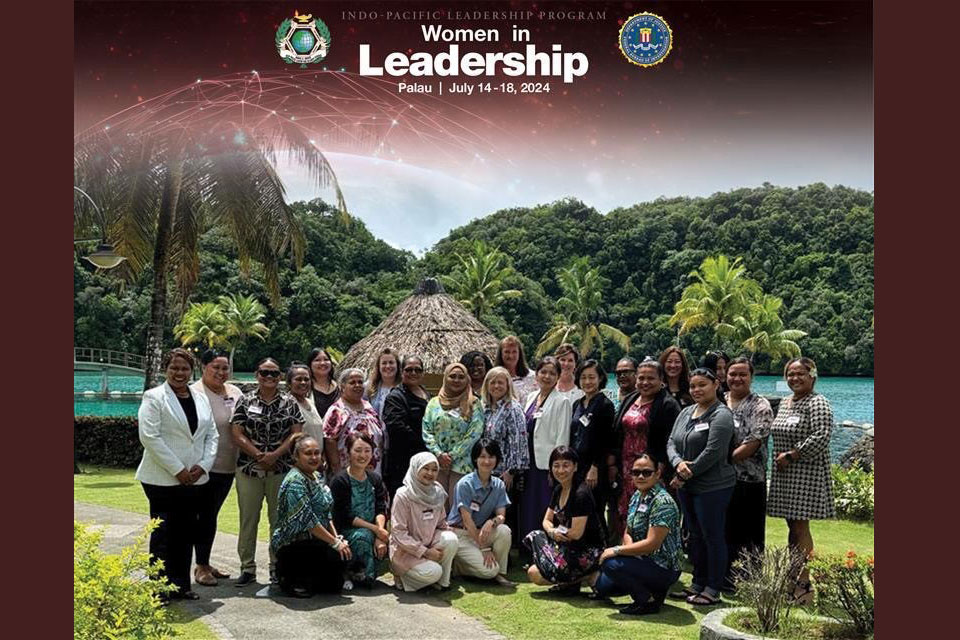
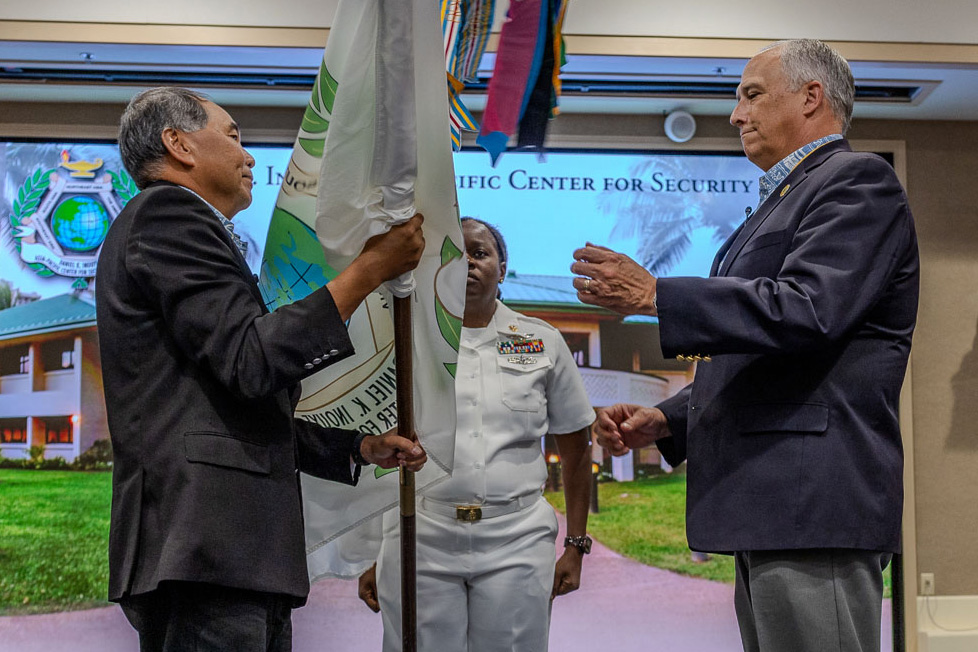
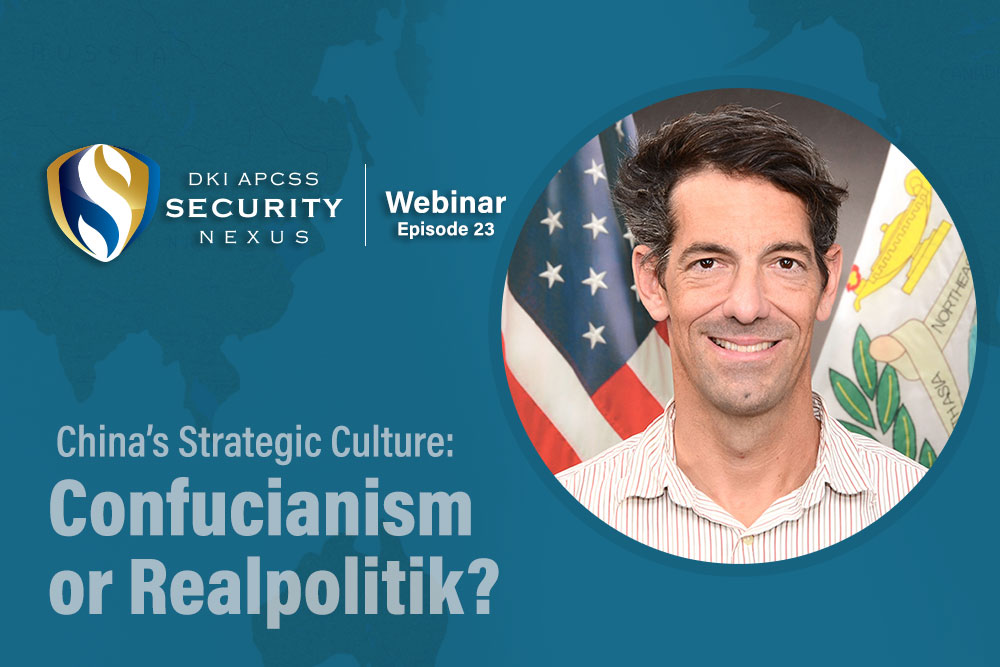




Leave A Comment